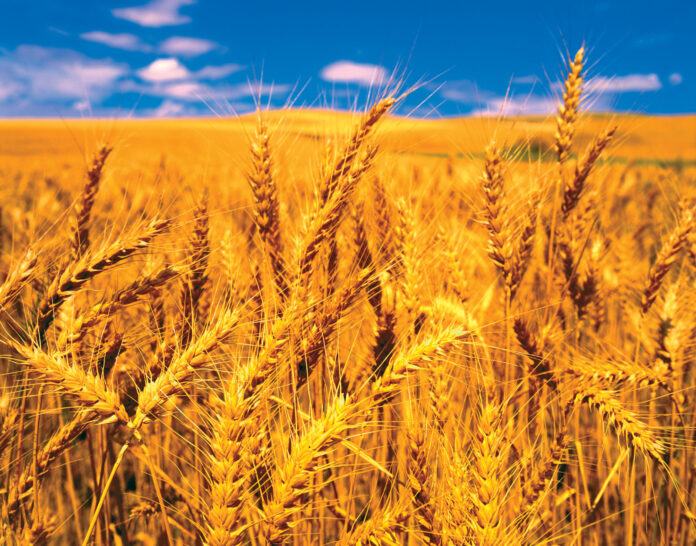Farai Mabeza
The COVID-19 pandemic has triggered a wakeup call for the radical transformation of food systems, the Food and Agriculture Organisation has said.
According to FAO, the global pandemic has caused consumers in many low-income countries to buy staple carbohydrates and non-perishables, resulting in perishable food often being wasted in markets.
Physical distancing measures in some countries have reduced the number of customers in markets resulting in increased food losses and reduced incomes for traders.
“The COVID-19 pandemic has triggered a wake-up call for the need to radically transform our food systems to make them more efficient and sustainable for people and planet.
“Tackling food loss and waste, and particularly post-harvest loss reduction, in Africa is essential to achieve that goal,” FAO Assistant Director-General and Regional Representative for Africa Abebe Haile-Gabriel said on the eve of the first ever International Day of Awareness of Food Loss and Waste.
Studies commissioned by FAO before the pandemic estimate that on-farm losses in sub-Saharan Africa for fruits and vegetables are up to 50 percent, the highest in the world.
For cereals and pulses, the on-farm losses are up to 18 percent, equal highest in the world with parts of Asia.
When food is lost or wasted, all the resources that were used to produce the food, including water, land, energy, labour and capital, are also wasted.
Reducing food losses on farms and at harvest time, particularly in countries with high levels of food insecurity, can make great inroads towards food security and improved nutrition.
Such changes are a responsibility shared by governments, the private sector, civil society, development agencies, research and academic institutions, and consumers.
Operators along the food supply chain, including retailers, are being called on to scale up their actions to reduce food loss and waste, and research institutions and academia are urged to further develop innovations that can be rapidly put to good use.
FAO is involved in a number of actions designed to reduce food loss and waste, one of them being done in Zimbabwe.
Through an FAO project with the African Union and The Rockefeller Foundation in Kenya, Tanzania, Zambia and Zimbabwe, practical storage solutions such as hermetically-sealed bags that can store grain for longer, and improved crates to transport fresh fruits and vegetables to reduce damage during transportation were piloted and adopted by stakeholders.
Policy support was also provided to African Union member countries through the African Union Commission to guide the scale-up of these successes and other solutions. A continental post-harvest management strategy was also developed.
Through Agricultural Transformation Centres in Africa, FAO is linking farmers to agro-processing hubs which have been strategically located in high-production areas.
In Zambia, for example, FAO is working with the government and communities to equip women’s groups to start food processing initiatives such as turning ground nuts into nutritious nut paste.
FAO, the International Fund for Agricultural Development and the World Food Programme have jointly implemented a project funded by the Swiss Agency for Development and Cooperation (SADC) in Burkina Faso, the Democratic Republic of Congo and Uganda targeting the estimated 35 percent of on-farm losses in cereals and pulses.
In Ethiopia, FAO with funding support from SADC, is supporting farmers to use metal silos and hermetically-sealed bags, and the private sector, particularly young entrepreneurs, are being encouraged to fabricate the silos for household grain storage, among other project activities. In Eswatini, Tanzania, Uganda and Zambia are participating in an FAO-led global project to strengthen weaknesses along the food supply chain that could lead to food loss and waste.
The UN General Assembly adopted a resolution in 2019 designating the International Day of Awareness of Food Loss and Waste to be observed each year on 29 September. FAO facilitates observance of the day globally, in collaboration with the UN Environment Programme (UNEP).













